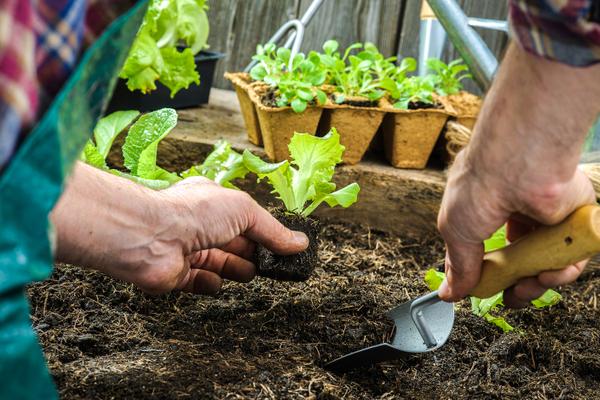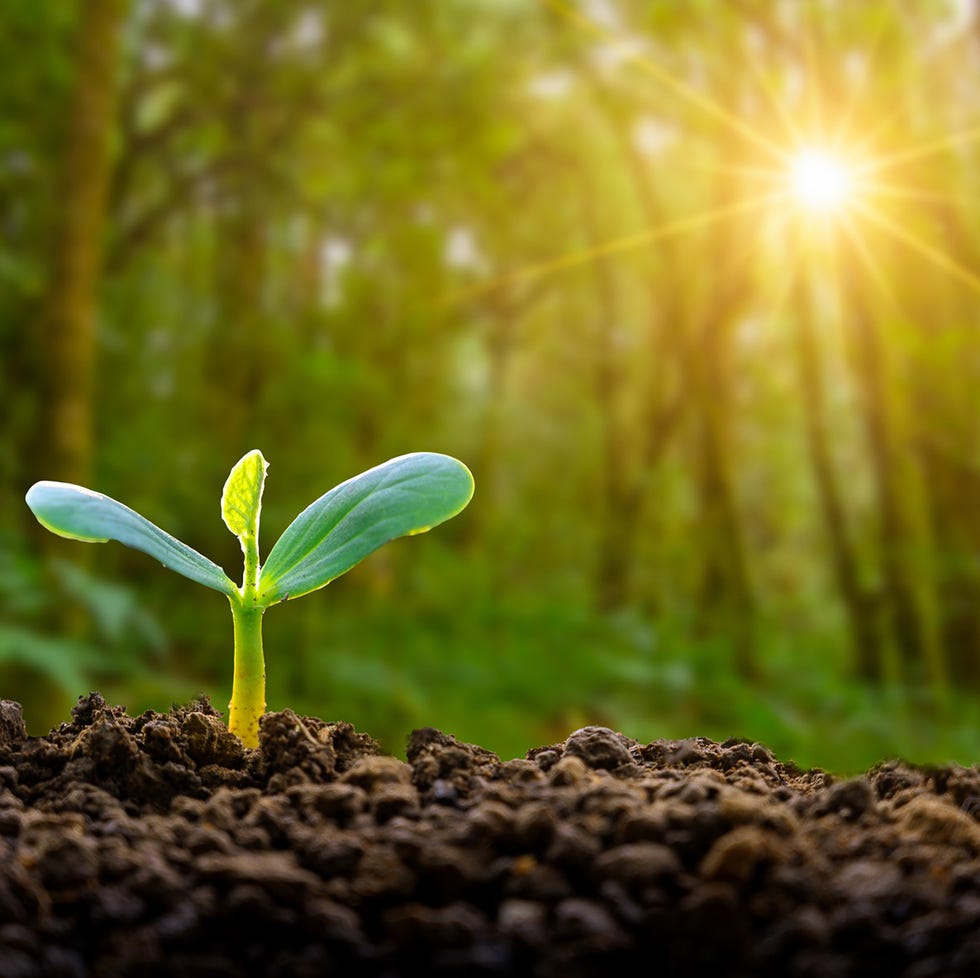From Seed to Sprout: Newbie Gardening Tips for Every Season
From Seed to Harvest: a Novice's Trip Into Gardening
From Seed to Harvest: A Novice's Journey Into Horticulture offers a useful and extensive guide for those new to the world of horticulture. This book takes readers with the whole process, beginning from selecting the appropriate seeds and preparing the dirt, to nurturing the growing plants and inevitably gathering and delighting in the organic fruit and vegetables.
Selecting the Right Seeds
When getting started on the trip of horticulture, selecting the proper seeds is a critical step for beginners to ensure successful cultivation. newbie gardening. The choice of seeds can considerably affect the total end result of a garden, as various ranges have varying growth behaviors, disease resistance, and flexibility to particular environments
To start, it is necessary to consider the specific goals and choices of the garden enthusiast. Are you curious about growing herbs, vegetables, or blossoms? Do you have a particular shade or flavor in mind? Understanding these variables will certainly aid tighten down the alternatives and make the choice procedure less complicated.
Furthermore, it is vital to study and choose seeds that are ideal for the neighborhood climate and expanding problems. Some plants flourish completely sun, while others like color or a specific sort of dirt. By choosing seeds that are naturally adapted to the setting, newbies can save themselves from possible disappointment and disappointment.

Preparing the Dirt for Growing
After picking the best seeds for your garden, the next important action in the beginner's journey right into gardening is preparing the dirt for growing. Proper dirt preparation is crucial for offering a healthy and balanced and fertile environment for your plants to expand and prosper.
The very first step in preparing the soil is to remove any weeds, rocks, or particles that may prevent the growth of your plants. This can be done by hand or with the aid of gardening devices such as a trowel or a yard fork. When the area is clear, it is essential to loosen up the dirt by tilling or transforming it over. This not just helps to separate any compacted dirt yet additionally boosts oygenation and water drainage.
Including raw material to the dirt is one more crucial action in dirt preparation. Raw material, such as garden compost or well-rotted manure, improves the soil with important nutrients and improves its framework. It likewise assists to preserve dampness, which is crucial for plant development. Spread a layer of natural matter over the tilled dirt and mix it in extensively.
Last but not least, it is essential to evaluate the pH level of the soil (newbie gardening). Most plants prefer a slightly acidic to neutral pH array. If the soil is also acidic or alkaline, changes can be included in adjust the pH degree as necessary.
Sowing and Taking Care Of Seedlings
To guarantee the successful development of your plants, appropriate sowing and careful nurturing of plants is necessary, building upon the dirt preparation talked about in the previous subtopic. Sowing seedlings is a crucial action in the gardening procedure, as it sets the structure for healthy and strong plants.
:max_bytes(150000):strip_icc()/guide-to-fall-gardening-lead-getty-0923-41e34c5c54ed44df8779e087fada68dd.jpg)
In addition to light, plants need constant wetness to grow. Water the plants routinely, keeping the soil equally moist yet not saturated. Overwatering can lead to root rot, while underwatering can cause the plants to perish and pass away.
To even more support the development of plants, provide them with a mild breeze. This can be attained by utilizing a tiny fan on a reduced setting. The wind aids reinforce the stems of the seed startings, making them a lot more durable to wind and various other environmental variables.
Nurturing Your Growing Plants
- As soon as your seed startings have germinated and begun to expand, it is vital to give correct care and attention to nurture their ongoing development. This consists of providing adequate water, sunshine, and nutrients, as well as securing them from diseases and parasites.
2. Watering your growing plants is essential to their survival. Keep the soil moist, however avoid overwatering, as it can lead to root rot. Water your plants frequently, specifically during hot and dry durations, and ensure to water them at the base to stay clear of moistening the foliage, which can invite fungal diseases.
Sunshine is an additional crucial aspect for the healthy growth of your plants. Guarantee that your plants are positioned in a location that receives enough sunshine, and if you're growing them inside your home, consider using expand lights to supplement all-natural light.
Giving your plants with the right nutrients is important for their growth. In addition, think about utilizing organic fertilizers that are gentle on plants and the setting.
- Protecting your plants from conditions and parasites is vital to ensure their well-being. Consistently check your plants for indicators of infestation or condition, and take suitable actions such as utilizing natural pest control methods or eliminating infected plants to avoid the spread.
Harvesting and Appreciating Your Homegrown Create
As soon as your plants have reached maturity, it's time to gain the rewards of your horticulture efforts by harvesting and delighting in the fruits (or vegetables) of your labor. Prior to you start collecting, it's vital to establish the optimal time for each plant.
When it concerns harvesting, it is very important to take care of the produce with treatment to prevent damage. Use a sharp set of garden shears or scissors to reduce the fruits or vegetables from the plant. Be mindful not to pull or pull, as this can damage the plant and decrease future yield. It's also critical to wash the fruit and vegetables completely prior to usage to remove any kind of dust or debris.
As soon as you have actually harvested your organic fruit and vegetables, it's time to delight in the fruits of your labor. There's something exceptionally pleasing concerning relishing the taste of a freshly-picked tomato or attacking right into a crisp cucumber right from your garden. Whether about his you choose to integrate your domestic produce into scrumptious dishes, share it with family and friends, or simply appreciate it as a healthy and balanced snack, the complete satisfaction of recognizing that you figured in in its development is genuinely fulfilling. Take a minute to appreciate the tough job and dedication that went into your garden and pleasure in the tastes of your homemade harvest.
Final Thought

Some plants flourish in full sun, while others favor color or a particular kind of dirt.The initial action in preparing the soil is to eliminate any kind of weeds, rocks, or particles that might hinder the growth of your plants.To make sure the successful development of your plants, correct sowing and careful nurturing of plants is important, building upon the dirt prep work reviewed in the previous subtopic. On a regular basis dig this evaluate your plants for signs of invasion or condition, and take ideal steps such as using natural insect control techniques or removing contaminated plants to stop the spread.
In conclusion, this beginner's trip into gardening highlights the importance of selecting the right seeds, preparing the dirt, sowing and caring for plants, look at this now nurturing growing plants, and finally, gathering and delighting in the domestic fruit and vegetables.